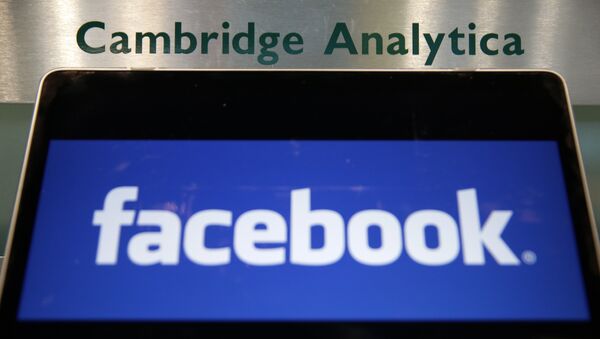The European Union has announced plans to increase the tax burden of online multi-national corporations such as Facebook, Google and Amazon to 3 percent of their corporate profits. Member-states of the EU would also be empowered to tax the profits of these companies on the basis of them having a digital presence in the country, rather than basing their operations and employees there.
Already calls have been made for the United Kingdom to tighten its own corporate tax regime in anticipation of its exit of the European Union set to begin in March 2019, after which it will not be a party to such collective measures.
European policymakers announced a proposal for a new tax on tech giants such as Google and Facebook, in a measure that could raise $6.2 billion through what advocates say would be a fairer way of taxing how the companies make money. #sabcnews
— Nzinga Qunta (@NzingaQ) March 22, 2018
How hard would it be to start a version of Facebook that's effectively run as a nonprofit public utility, paid for through taxes? Give people the connecting-to-friends part without all the other privacy-nuking sh*t. Has anyone written about this?
— David Roberts (@drvox) March 20, 2018
There is a very simple way to ensure companies like Google, Facebook, Amazon and the coffee companies pay the tax they should and that is to tax them with a special rate on turnover alone. This way they won´t be able to move debt around the world and hide behind offshore figures.
— John DeVries (@Jonteinspain) March 19, 2018
Against The Four: Amazon, Apple, Facebook, and Google https://t.co/FzWkWHtOre via @mpigliucci
— Austin McGrath (@mcgrath_austin) March 22, 2018
She wants to tax over taxed homeowners but spearheaded initiative that allowed big tech companies to pay ZERO payroll tax to SF. She spurred growth while opposing housing. Google the #Twitter Tax. Remember that taxing homeowners moves on to renters.
— Charron Q. (@CMWQuintanar) March 22, 2018
The measures have been met with generally favourable responses online, with many Twitter observers outraged that such companies have been able to circumvent national tax systems while profiting from the personal information of users, often without their knowledge.
Facebook has come under particular fire for allowing data corporation Cambridge Analytica to gather the private information of at least 50 million of its users in collusion with the election campaign of current US president Donald Trump.


